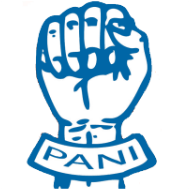Communities First,
Always.
PANI works hand in hand with communities to nurture resilience, dignity and self-reliance. Through sustainable agriculture, child development, gender equity and governance, we create opportunities for individuals to thrive. Our efforts in health, WASH and nutrition ensure well-being, while climate action and natural resource management safeguard the future. With an integrated, community-driven approach, we nurture local leadership for long-term change, because when people have the right support, they shape a future filled with possibilities.

Major Themes
PANI’s themes reflect the interconnected realities of rural life – spanning agriculture, child development, gender, health and climate resilience. With a people-centered, integrated approach, each theme is shaped through dialogue, led by local voices and designed to address real needs where they overlap – because we believe that communities thrive through connection, not silos.
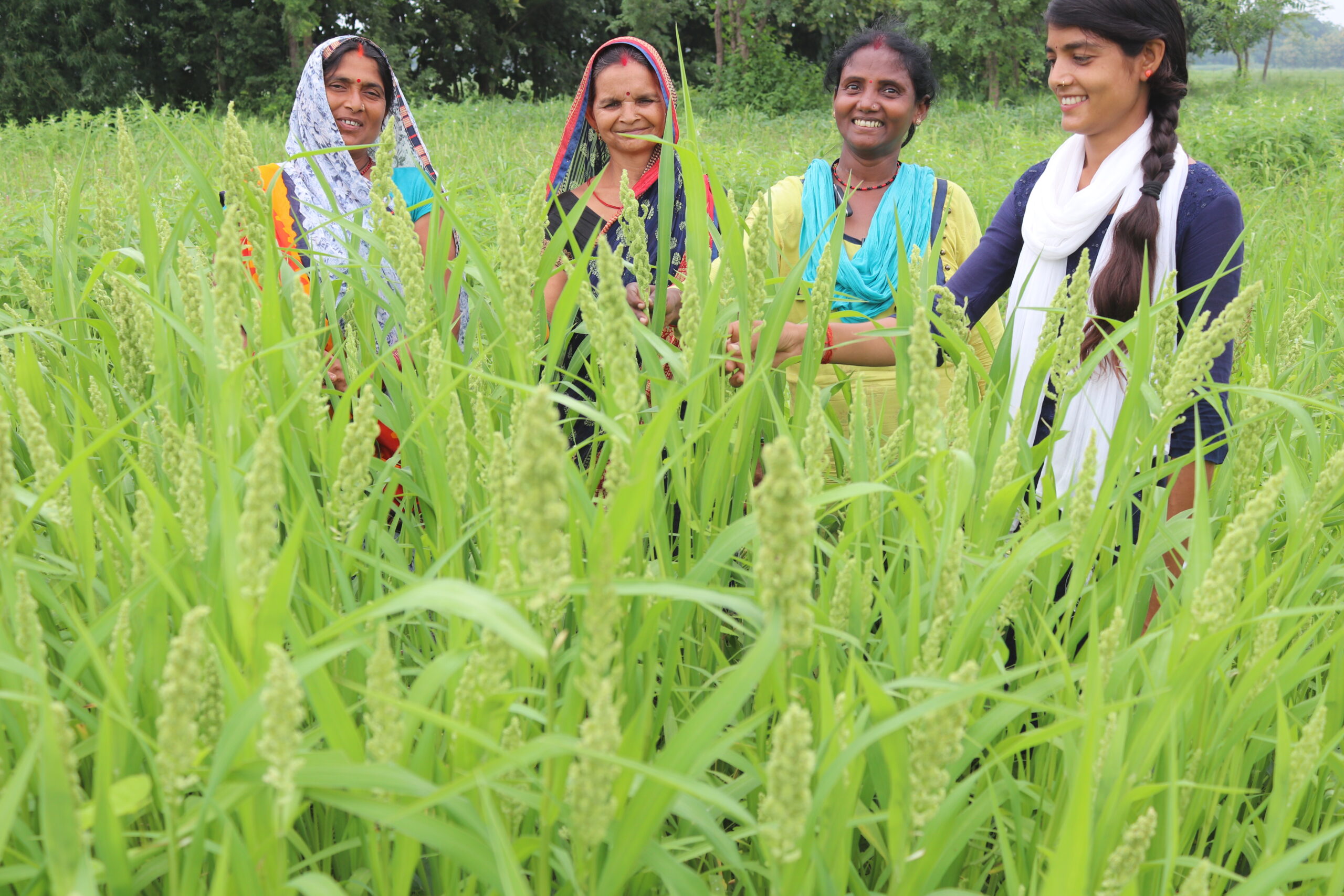
Agriculture and Livelihoods
PANI envisions agriculture as a pathway to both ecological balance and rural dignity. In areas burdened by water scarcity and low farm returns, PANI supports smallholder farmers to adopt water-efficient, sustainable practices that restore soil health and reduce input costs. Through locally trained community resource persons and farmer support centres, farmers access knowledge, tools and linkages to schemes and markets that strengthen their livelihoods. This model blends traditional wisdom with adaptive innovations, empowering communities to cultivate resilience in the face of climate and economic challenges. At its core, PANI’s approach is about regeneration - of land, of livelihoods and of the self-sufficiency that sustains rural life.
Agriculture and Livelihoods
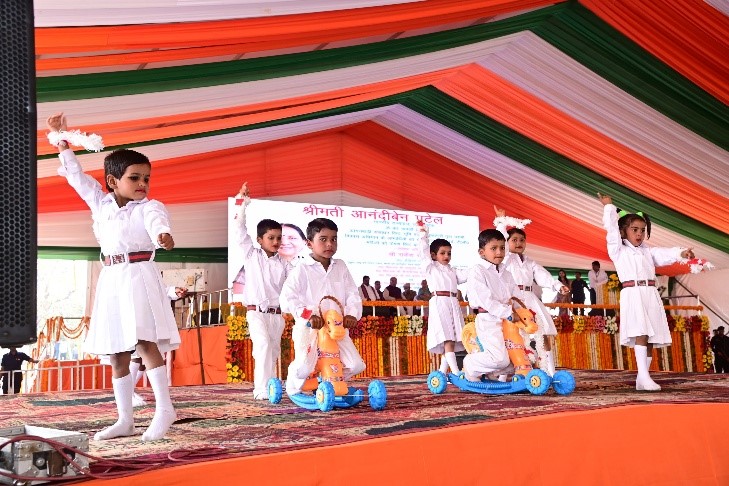
Child Development
At PANI, child development is seen as a shared responsibility, a quiet revolution in care. Our work is rooted in the belief that every child deserves a nurturing start, where curiosity is kindled, voices are heard and dignity is non-negotiable. We view early childhood spaces not as centres, but as ecosystems where relationships, learning and care intertwine. By equipping caregivers, designing thoughtful environments and centering the child’s experience, PANI nurtures growth that is cognitive, emotional and social. True transformation begins when the smallest are seen not as beneficiaries, but as beings with limitless potential deserving of spaces that honour their journey, their joy and their future.
Child Development

Gender and Governance
At PANI, gender justice is not a standalone issue - it is woven into the fabric of how communities imagine power, voice and belonging. Our work begins with the understanding that adolescent girls and women do not lack strength or ambition, they often lack the space to exercise it. Through years of grounded engagement, PANI has nurtured spaces where girls learn not only to speak, but to be heard; not only to aspire, but to lead. By challenging deep-rooted norms and expanding the horizons of decision-making, we support young women in becoming architects of their own futures. True governance, we believe, is when the most marginalized shape the systems that shape them, and gender equity becomes a lived reality, not just an agenda. Our work is a quiet, persistent journey toward that truth where leadership is shared and dignity & equity are non-negotiables.
Gender and Governance
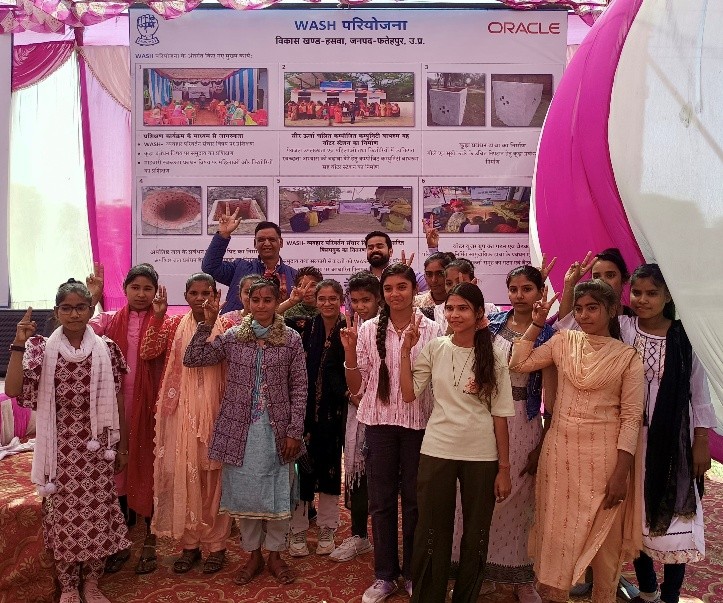
Health, WASH & Nutrition
Health is not simply the absence of illness, it is the presence of dignity, safety and nourishment in everyday life. PANI’s work in Health, WASH and Nutrition is grounded in the belief that true well-being emerges when basic needs are met with respect and care. Clean water, safe sanitation and nutritious food are treated not as services to be delivered, but as rights to be realized. This approach prioritizes community participation, especially that of w omen, to build systems rooted in equity and sustainability. Behaviour change is nurtured through trust and infrastructure is made meaningful by local ownership. Through this interconnected lens, health becomes more than survival; it becomes the basis for resilience, confidence and generational change.
Health, WASH & Nutrition
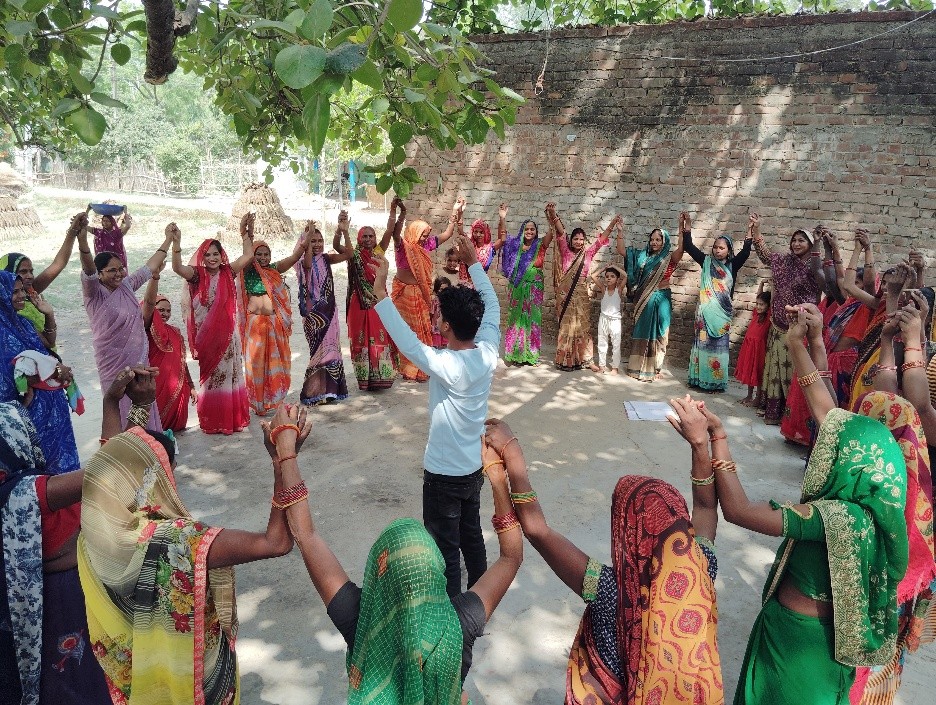
Integrated Community Development (Encompassing more than one theme)
Integrated community development is a process of nurturing the collective potential of people, places and possibilities. It begins with the recognition that every aspect of rural life: education, health, livelihoods, governance and the environment; is deeply interconnected. PANI’s approach embraces this complexity, working with communities not as beneficiaries, but as co-creators of change. By strengthening local institutions, building leadership across age and gender and creating partnerships rooted in trust, development becomes a shared journey rather than an external intervention. This holistic lens ensures that solutions are not fragmented, but deeply embedded in the social and cultural fabric of the community. It is in this integration that resilience grows - where a safe space for a child, a clean source of water or a collective decision taken in a village meeting all become part of a larger story of transformation, belonging and enduring change.
Integrated Community Development (Encompassing more than one theme)
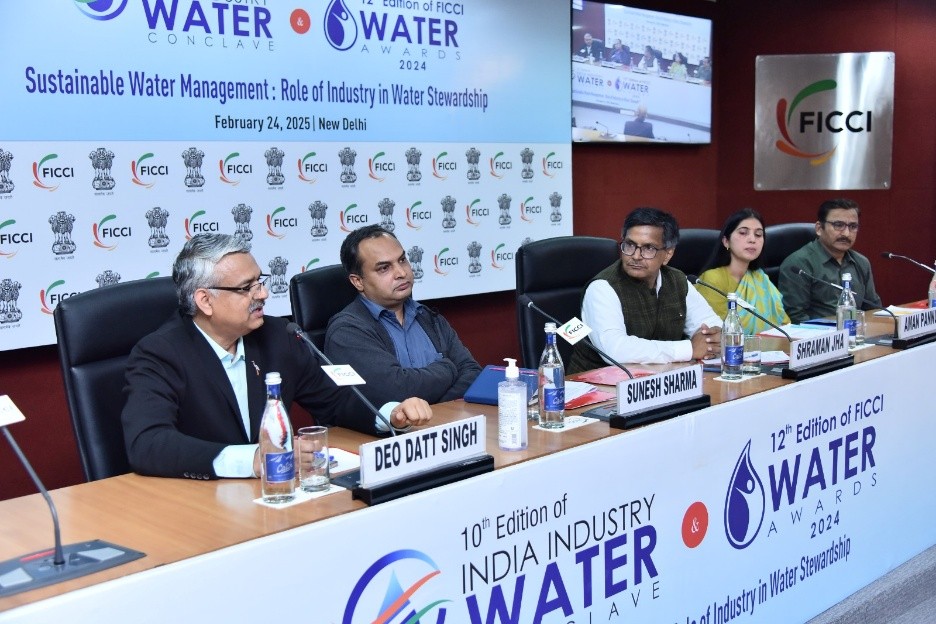
NRM and Climate Change
Natural resource management, especially in the context of climate change, begins with water: the lifeblood of rural life and livelihoods. PANI’s approach places water at the centre of ecological and community resilience, recognizing that how a village manages its water determines much of its future. Through collective stewardship, communities are supported to revive traditional wisdom, adopt sustainable practices, and reclaim their agency over local water systems. But water is only the beginning. Soil, forests, and biodiversity are treated not as commodities, but as shared inheritances that must be cared for across generations. By integrating environmental responsibility with local governance and everyday practice, PANI fosters a culture of regeneration where farmers become guardians of aquifers, women lead watershed efforts, and children grow up seeing conservation not as an obligation, but as a way of life. In a time of climate uncertainty, this grounded, community-led ethic offers a hopeful and enduring path forward.
NRM and Climate Change
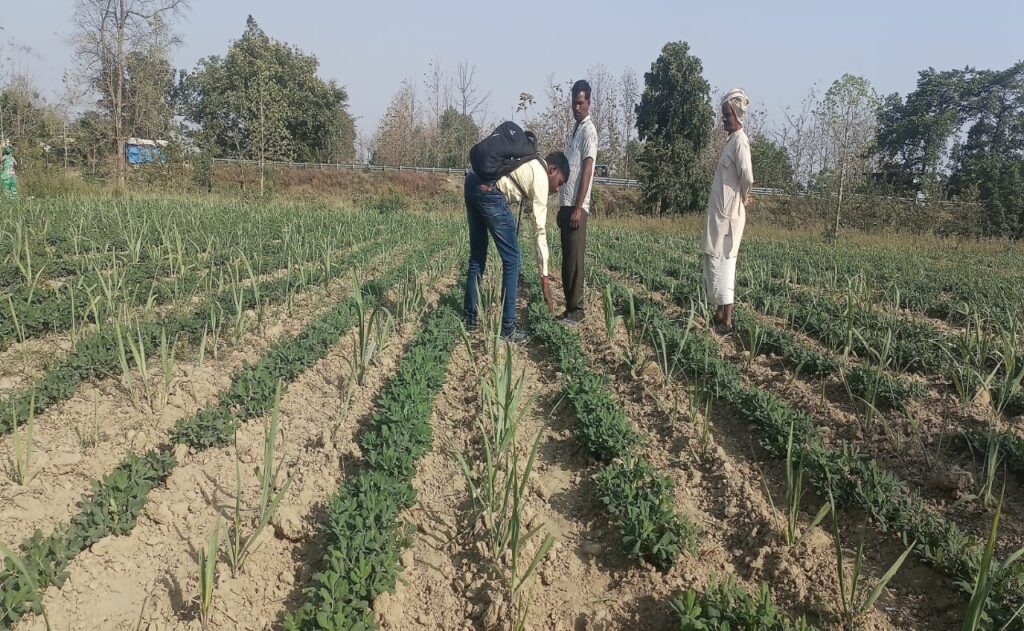
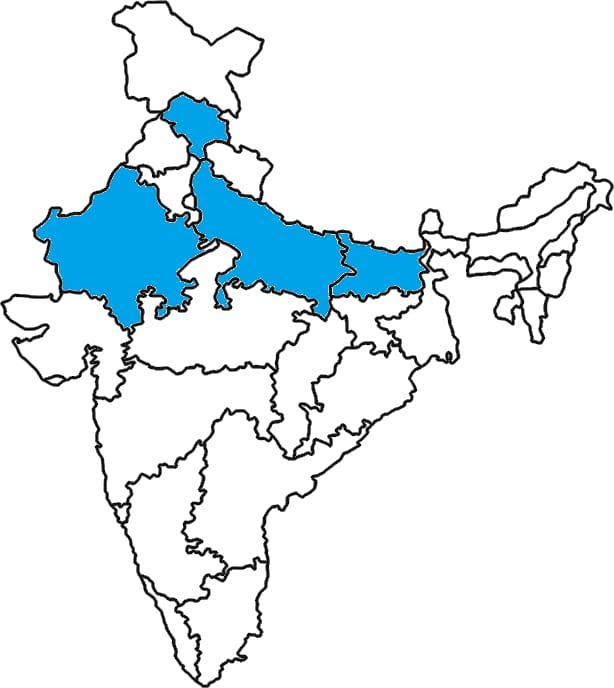
Geography
Geographical Coverage By PANI
Starting with two districts of East Uttar Pradesh three decades ago, PANI has slowly but firmly expanded its presence to four states in India. Currently, PANI is working in 25 districts of Uttar Pradesh, Himachal Pradesh, Rajasthan, and Bihar, implementing more than 20 projects under different thematic areas.
